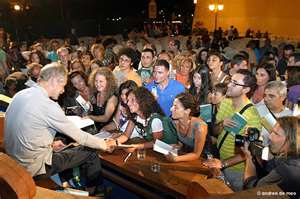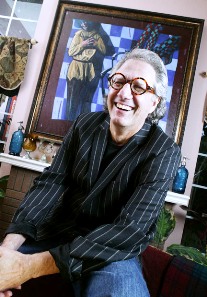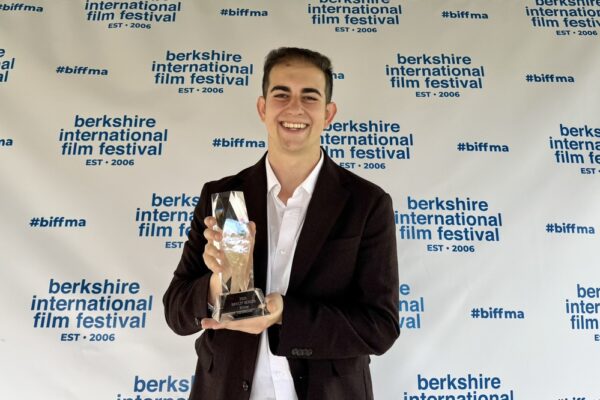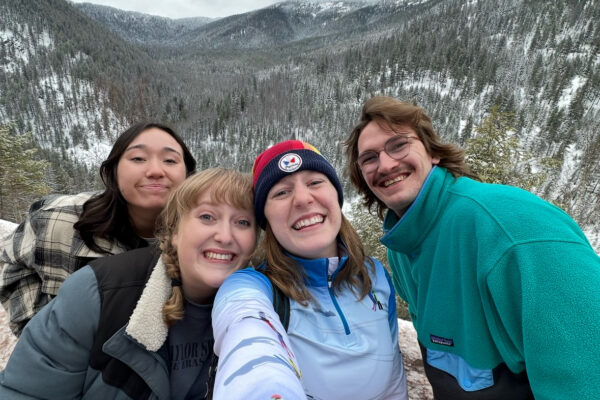
I’m not exactly sure how we were introduced last year. I think we were introduced by the Italian hostess of the party, but I had read
God’s Mountain
(a curious title since the original is
Montedidio
) prior to the party and was taken by the minimalist, yet lyrical, language of the text and the surreal imagery the combination of which reminded me of a combination of Beckett and García Márquez and yet neither one. But the text was written in English and a translation is obviously not the original so the lyricism of the text was somewhat attenuated in translation. I was reminded of the time I was a comparative literature graduate student reading Pushkin’s
Eugene Onegin
in English when one of the Russian professors walked by, noticed I was reading the translation and curtly said
in passing, “Don’t bother.” She was right, but for the wrong reasons.
At any rate, somehow, in the course of our conversation, in between swallows of a Barolo, the Kabbalah came up. I’m not sure how that happened, but when two writers start talking about something other than writing just about anything can come up in conversation. The talk of the Kabbalah somehow segway’d to Yiddish at which point he told me he taught it to himself. Being Jewish, I found it rather extraordinary that someone who wasn’t Jewish would take the time to learn Yiddish since, for me, the only reason I attempted to learn Yiddish was to find out what my parents were saying in front of me that they didn’t want me to hear. So, my attempts at Yiddish were out of a necessity for understanding what my parents didn’t want me to understand while for De Luca it was a question of getting in touch with the essence of an individual writer’s words whether that be the lyricism behind the words or the style of the text.
But what I discovered more than anything else in talking with De Luca exhibited a kind of sophisticated recalcitrance in talking about his work. In that sense, he reminded me of Beckett who would rather have talked about chess than talk about
Godot
or about the Dutch cigars he smoked rather his relationship to Joyce
.
But De Luca is a very engaging person, an artist to be sure, a political animal without question, a person with a passion for what he writes and a writer who, by virtue of those passions, should not be overlooked for both readers and writers as well. In a pamphlet that he wrote,
Attempts at discouragement (when taking up writing)
, De Luca writes: “Whatever happens with your writing, whether it is appreciated or unknown, use it to defend this right for anyone. And if it will cost you, pay the price gladly, you are a writer and you have a civil responsibility to public expression.” Which begs the question: So, why isn’t Erri de Luca a household name?





[…] http://chapmannews.wordpress.com/2011/03/14/erri-de-luca-lyrical-prose-master/ […]